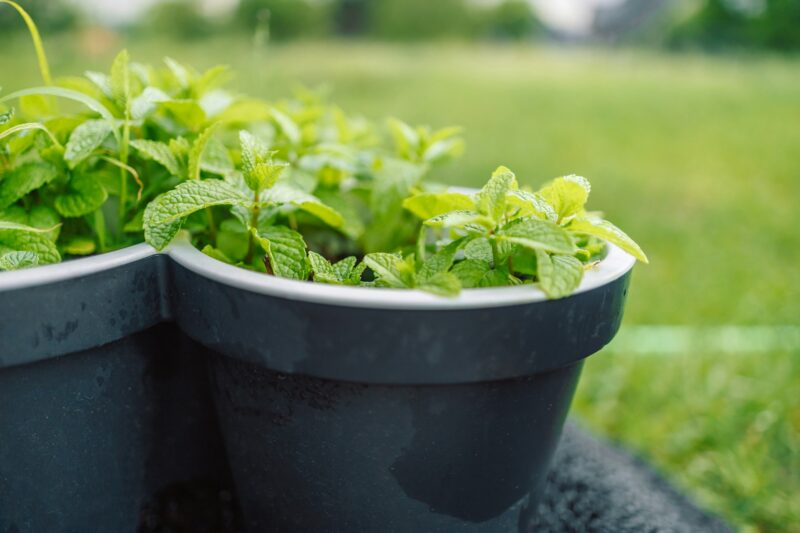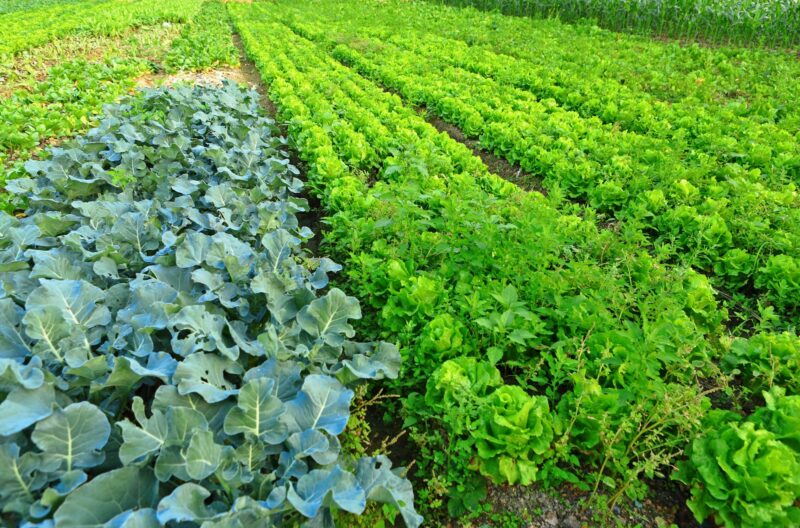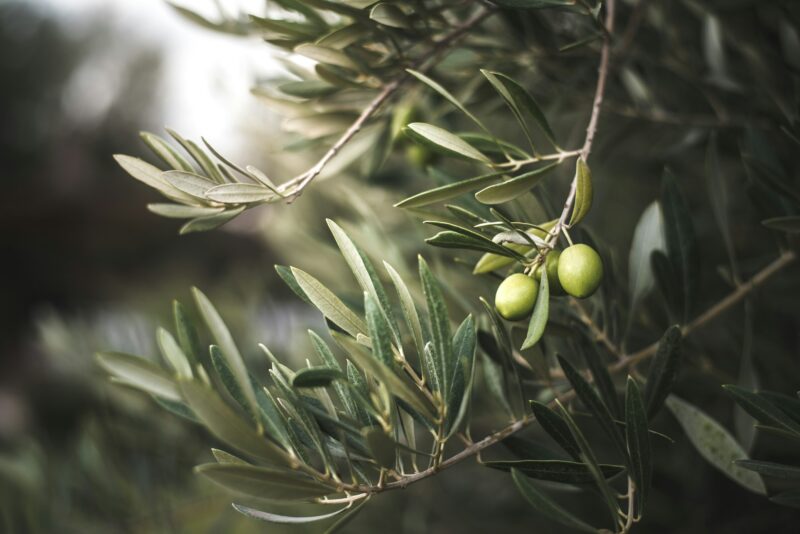Agriculture in Morocco faces challenges but also embraces sustainable innovations for growth. With its diverse climate and terrain, Morocco encounters agricultural challenges that require innovative solutions for sustainable development.
From water scarcity and soil erosion to market access and climate change, Moroccan agriculture is confronted with numerous hurdles. However, through technology adoption, organic farming, and cooperative initiatives, Morocco’s agricultural sector is transforming to overcome these challenges. This transformation is vital for achieving sustainable, inclusive growth and ensuring food security for the nation.
We’ll explore the challenges facing Moroccan agriculture and the innovative solutions being pursued to drive sustainable growth in the sector.

Overview Of Agriculture In Morocco
In Morocco, agriculture has deep historical roots dating back centuries. Today, the country faces challenges such as water scarcity and land degradation. Innovations like drip irrigation and sustainable farming practices are being embraced to ensure sustainable growth. |
Challenges Faced By Moroccan Agriculture
Moroccan agriculture faces challenges such as water scarcity, climate change, and soil degradation, hindering sustainable growth. Innovations like drip irrigation and organic farming are being implemented to enhance productivity and resilience in the sector.
| Challenges Faced by Moroccan Agriculture |
| Water Scarcity: Moroccan agriculture faces challenges due to limited water resources. |
| Soil Degradation: Soil quality in Morocco is affected by erosion and overuse. |
| Climate Change: Changing weather patterns impact crop yields and productivity. |
| Market Access: Limited market opportunities hinder agricultural growth in Morocco. |
Innovative Solutions In Moroccan Agriculture
Agriculture in Morocco faces numerous challenges that hinder sustainable growth. However, there are innovative solutions being adopted to overcome these obstacles and promote the long-term development of the agricultural sector.
Drip Irrigation: Drip irrigation is a remarkable technique that delivers water directly to the plant’s roots, reducing water wastage and increasing crop yield. This method ensures a consistent water supply and promotes efficient water usage, especially in arid regions.
Precision Agriculture: Precision agriculture utilizes technology to enhance productivity and minimize resource waste. Through the use of sensors and data analysis, farmers can make informed decisions about crop management, including optimal planting times, precise fertilizer application, and targeted pest control.
Vertical Farming: Vertical farming is a sustainable solution that maximizes land use and minimizes environmental impact. By growing crops in vertically stacked layers, using artificial light and controlled environments, farmers can produce more food in limited space, reduce water consumption, and mitigate the effects of climate change.
Organic Farming: Organic farming focuses on promoting ecological balance and preserving soil health through natural farming practices. By avoiding synthetic chemicals and promoting biodiversity, organic farming techniques not only produce healthier and safer food but also protect the environment and maintain the long-term fertility of the land.

Government Initiatives For Sustainable Agriculture
In Morocco, the government is taking steps to promote sustainable agriculture through investment in research and development. This includes funding initiatives to improve agricultural techniques and enhance crop yields. Additionally, the government provides support to small-scale farmers, offering them access to resources and education to improve their practices. Furthermore, there is a focus on promoting sustainable agricultural practices, such as water-efficient irrigation methods and organic farming techniques. These initiatives aim to ensure the long-term sustainability of the agricultural sector in Morocco, paving the way for continued growth and development.
Efforts In Enhancing Agricultural Value Chain
Agriculture in Morocco: The country faces challenges and seeks innovations for sustainable growth.
Efforts in Enhancing Agricultural Value Chain: Morocco is striving to improve post-harvest techniques, develop agro-processing industries, and establish market linkages for export promotion.
Role Of Technology In Agricultural Transformation
Agriculture in Morocco faces various challenges, but innovative solutions are being implemented to drive sustainable growth. Technology plays a crucial role in transforming the agricultural sector. Drones are being utilized for monitoring crops, providing valuable insights into plant health and optimizing resource allocation. The Internet of Things (IoT) and Big Data Analytics are revolutionizing farming practices. IoT devices collect real-time data on soil conditions, weather patterns, and crop growth, enabling farmers to make informed decisions for better productivity. Additionally, mobile apps are being developed to provide agricultural extension services, offering farmers access to expert advice, market information, and training resources. These technological advancements are empowering farmers and revolutionizing the way agriculture is practiced in Morocco, paving the way for a more sustainable and efficient agricultural sector.
Impact Of Agriculture On Rural Development And Food Security
Agriculture plays a crucial role in rural development and food security in Morocco. The country faces challenges in ensuring sustainable growth, but innovative practices such as water-efficient farming techniques and diversification of crops are being implemented to address these issues.
These innovations are essential for driving sustainable agricultural growth and improving food security in rural areas.
| Impact of Agriculture on Rural Development and Food Security |
| Agriculture in Morocco plays a crucial role in job creation for rural communities. |
| It contributes significantly to poverty alleviation by providing livelihood opportunities. |
| The focus on agriculture promotes food self-sufficiency and enhances food security. |
 Frequently Asked Questions Of Agriculture In Morocco: Challenges And Innovations For Sustainable Growth
Frequently Asked Questions Of Agriculture In Morocco: Challenges And Innovations For Sustainable Growth
What Are The Main Challenges Faced By Agriculture In Morocco?
The main challenges in Moroccan agriculture include water scarcity, soil erosion, and lack of modern farming practices. Innovative solutions are being implemented to address these issues.
How Is Technology Being Used To Promote Sustainable Agriculture In Morocco?
Technology is being utilized for precision farming, water management, and soil conservation. Innovations like drip irrigation and agricultural drones are improving efficiency and sustainability in Moroccan farming practices.
What Are The Key Innovations Driving Sustainable Growth In Moroccan Agriculture?
Innovations such as climate-smart crops, sustainable land management, and agricultural diversification are contributing to sustainable growth in Moroccan agriculture. These strategies are addressing environmental and economic challenges in the industry.
Conclusion
As we have explored the challenges and innovations in Morocco’s agriculture sector, it is clear that sustainable growth is a pressing necessity. By embracing technological advancements, promoting organic practices, and investing in research and development, Morocco can overcome the hurdles it faces.
It is crucial for all stakeholders, from farmers to policymakers, to collaborate and adopt strategies that prioritize sustainability. With these efforts, Morocco can pave the way for a thriving agricultural sector that preserves the environment and ensures food security for future generations.